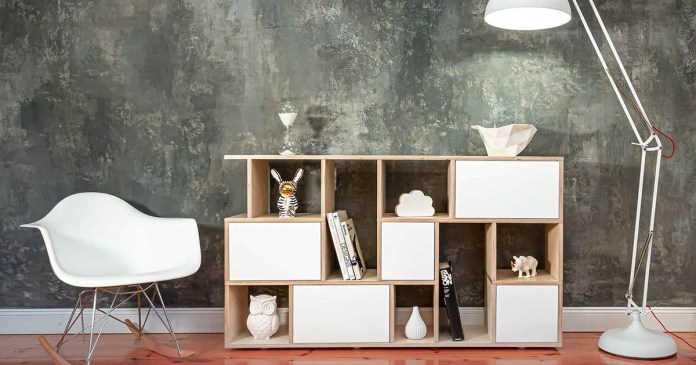Individualism has been on a growth trajectory for decades now and shows no sign of abating. This increasing desire to stand out in an overcrowded world can be attributed to various socio-economic influences including globalisation, increased education and a rise in urbanisation. Basically, we all think we are unique, and we want products and services that play into that desire to be recognised as such.
A hundred or so years ago, the industrial revolution allowed for mass production, which meant manufacturers could significantly reduce the cost of goods and produce more of them. This made previously scarce and expensive items (like cars for example) much more affordable for the man on the street. Fast forward to now, though, and we’re seeing another revolution – mass customisation – brought on by consumers’ changing preferences.
This revolution is being aided by technology, which lets companies embed customisation into mass manufactured products. This creates better suited products for consumers, without increasing the production costs. It can also create more sustainable products, as things are manufactured exactly according to customer needs.
“A customer will get much more use out of something that has been designed specifically for them,” says Maria Kapala, CEO of furniture manufacturer Mable, a new Cape Town based company which offers an online tool that allows customers to design their own set of bookshelves, choosing dimensions and colours to perfectly fit in with their specific items and homes. During the pandemic, Kapala was trying to buy a specific set of shelves for her living room but could not find anything online that was quite right. “Together with my husband Michal we came up with a way to solve this problem, by developing a piece of tech that lets consumers design their own furniture,” she says.
Furniture is one sector that hasn’t traditionally allowed for customisation in this manner, unlike fashion and beauty brands which have been on the customisation bandwagon for a while now. One example is brand behemoth Nike, which offers Nike by You where consumers can design “their own” sneaker, starting with a few suggested designs for inspiration and then choosing from preset parameters.
Then there’s Function of Beauty, a global beauty company that sells beauty products “from hair to toe”, starting out with various online quizzes to help consumers find their ideal products, based on their unique physical profile. Curly hair or straight? Oily skin or dry? Mandarin and peach scent, or eucalyptus and mint? The choice is up to you, and this gives the consumer a sense of purpose – and power.
Another example is Swatch, where you can create a “one-of-a-kind story” to wrap around your wrist. Then there’s BMW, which encourages you to “express your personality” with its BMW Individual offering. Scent manufacturer Jo Malone in London lets you engrave or monogram a perfume bottle as a gift to treasure forever, and Cotton On lets you print names onto their Christmas pyjamas.
But what about closer to home? While customisation doesn’t seem quite as ubiquitous in South Africa, there are some stand out examples, including African sneaker brand Bathu which offers free customisation on their shoes. Get your name on the back, or add various colours and designs to the soles or mesh.
It’s clear that with all the current advances in technology, there is no reason to settle for mass produced products that everyone else has. At the same time, you shouldn’t have to pay a whack for something unique, either. From what we wear, to what we drive, and how we live, we can now buy products that perfectly fit our needs. We’re all seeking ways to express ourselves, and companies that can play into that desire will surely reap the rewards.












